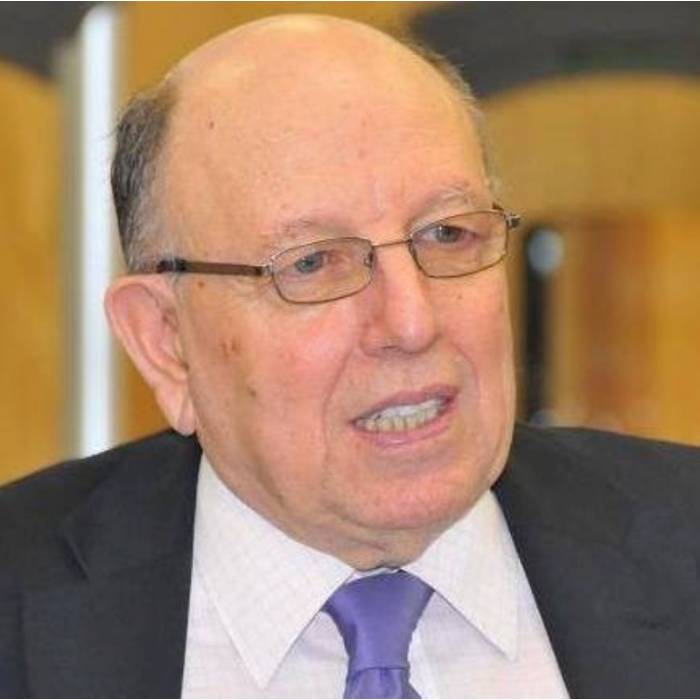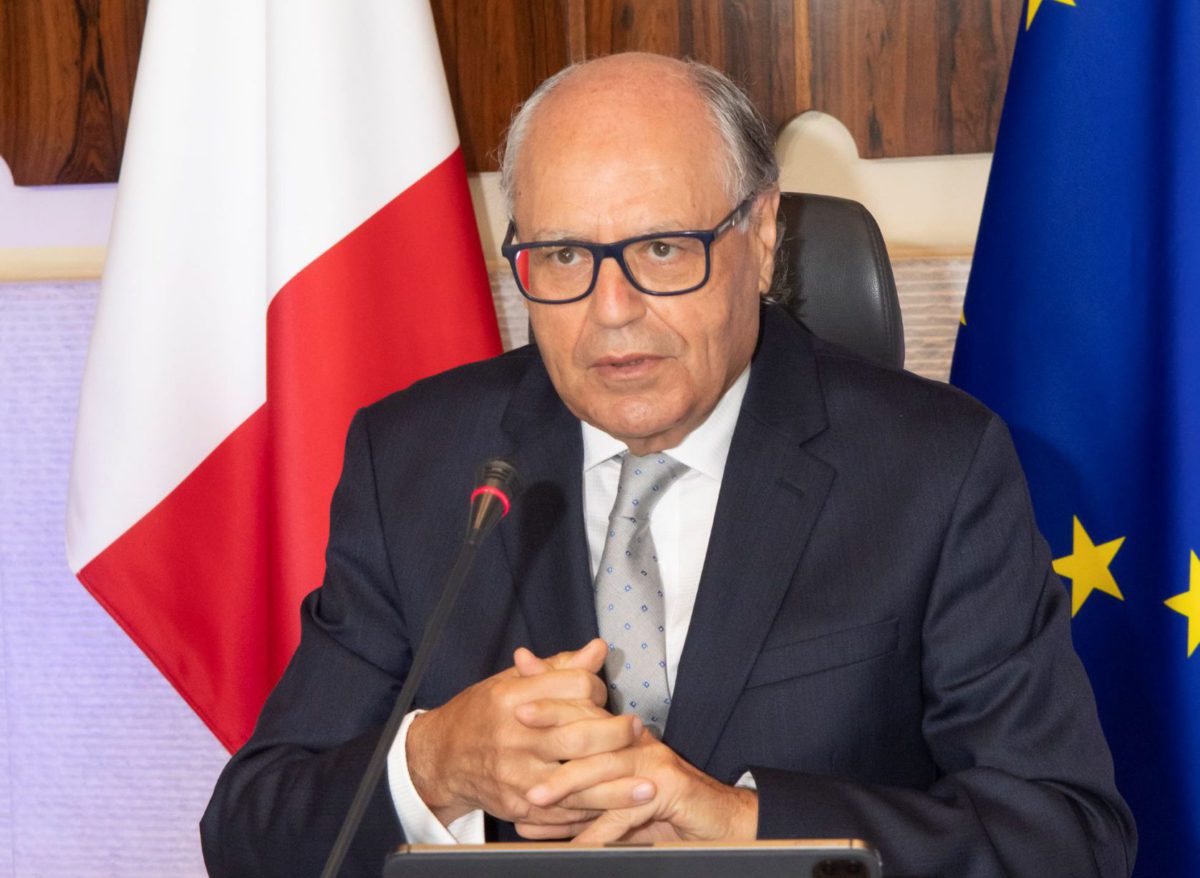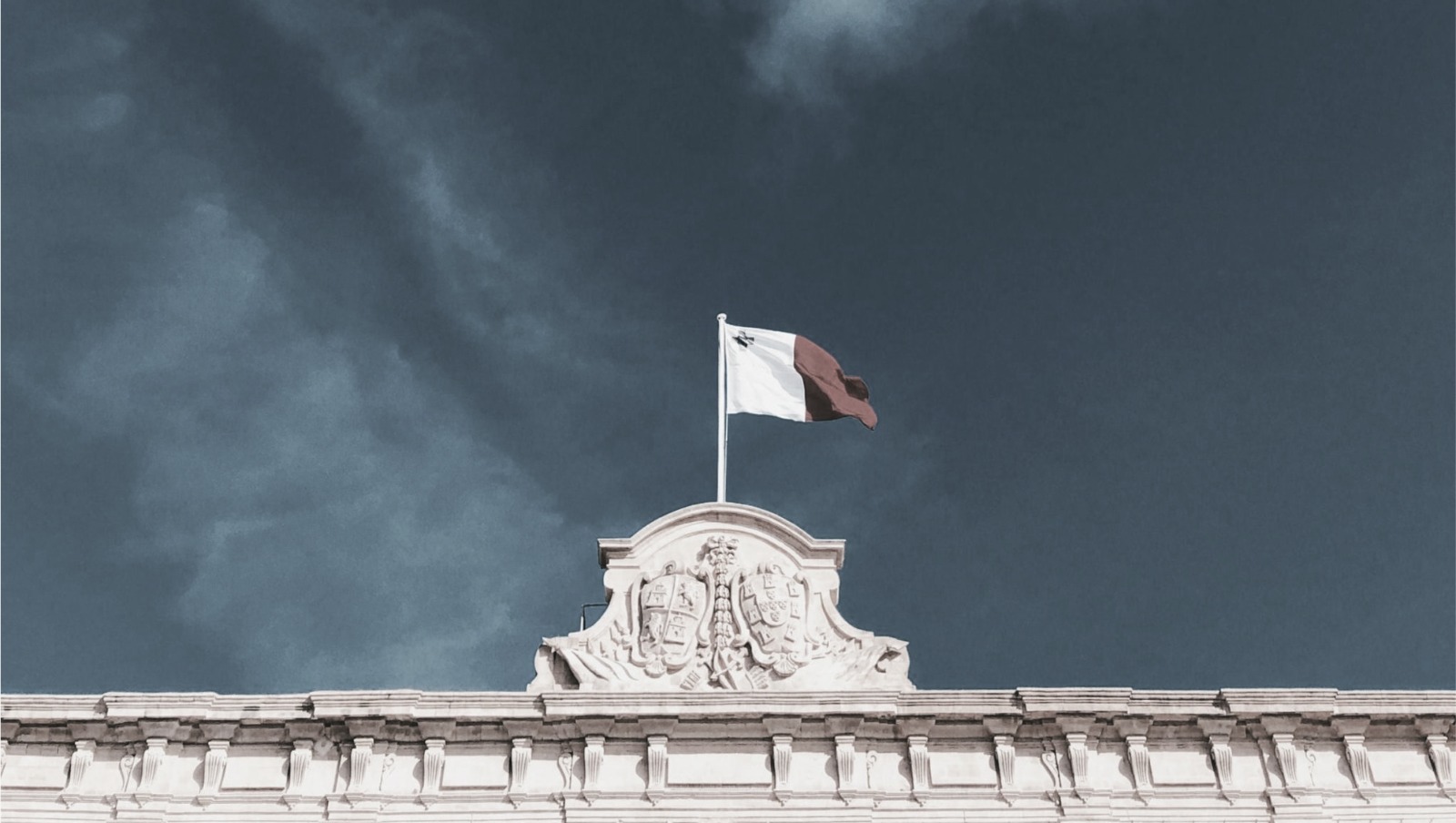
Lino Briguglio, one of Malta’s leading economists and academics, has decried the impact of the country’s greylisting by the Financial Action Task Force (FATF), expressing his alarm that he will now be associated with a country with “dysfunctional economic governance” while slamming those he believes got the country into the situation.
Taking to social media late on Wednesday evening, Prof Briguglio explained that one of his worries when attending a conference abroad is that he will be asked to explain the impact of the greylisting on Malta’s economy.
This is a “difficult question to answer”, he acknowledges, but this is not where his worry stems from, rather he is concerned about being associated with the country’s bad economic reputation.
Prof Briguglio also slammed the “various persons” who he thinks got the country greylisted and specifically mentions former Economy Minister and current Central Bank of Malta Governor Edward Scicluna for the role he played.

In this criticism, he is joined by Malta’s Green party, ADPD, which has called for the resignation of Prof Scicluna, stating: “All this mess was directed by [former Prime Minister] Joseph Muscat and [Prof] Scicluna… who has been rewarded by his appointment as Governor of the Central Bank”.
The responses come as the dust continues to settle on Malta’s shock-greylisting by the FATF, which has alarmed its citizens, politicians, and business leaders.
The former Finance Minister had occupied the post since 2013 when former Prime Minister Joseph Muscat had been sworn in. He resigned in December 2020 and was then appointed CBM Governor. Criticism against Prof Scicluna stems from his position as Finance Minister during a time when Malta was rocked by a series of scandals, such as Panama Papers involving disgraced former Minister Konrad Mizzi and former chief of staff Keith Schembri.
In addition, he was at the helm when the Government negotiated hotly contested deals such as the Electrogas project and the Vitals project.
Also responding on Wednesday, Malta Employers Association (MEA) referred to the greylisting as an “entirely self-inflicted crisis”.
Addressing what brought the country to this “unprecedented and humiliating” low, the MEA stated that the crisis is “the result of lax and corrupt practices by a minority of dishonest politicians and businesses, compounder with ineffective governance systems”.
On the part of the Government, Prime Minister Robert Abela decried the development as “unjust”, arguing that the Government’s reforms since Malta’s 2019 Moneyval failure have been “effective”.
Despite this, Dr Abela claimed that “we will not stamp our feet”, and the Government “will engage in dialogue, and we will continue to strengthen changes, not because of today’s decision, but because we believe in the changes”.
Two years since its birth, Moneybase features on Microsoft’s Customer Stories
Moneybase has now just been featured on Microsoft’s latest Customer Stories
Finance Minister confirms continuity of food and energy subsidies
Spending on food and energy subsidies as a percentage of the GDP will be at 0.7% in 2025
MHRA congratulates Glenn Micallef on EU role, highlights positive impact on Malta’s tourism and cultural sectors
The lobby group emphasised that Malta’s cultural assets and sports scene are key factors in attracting visitors and fostering economic ...






